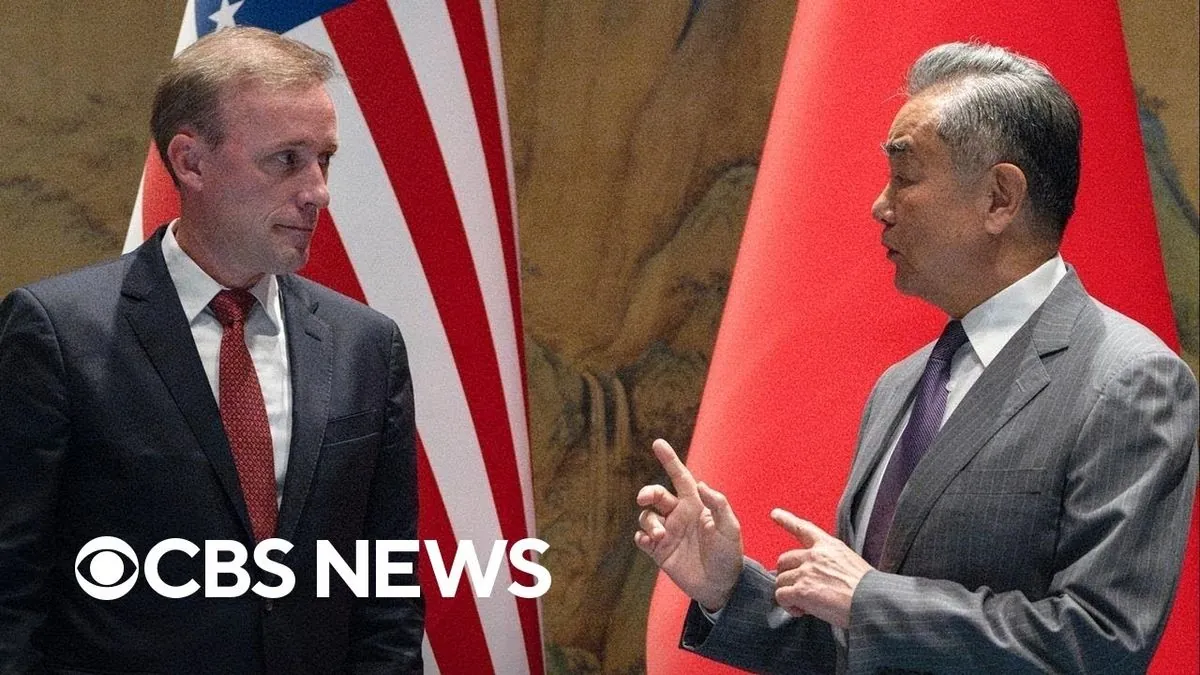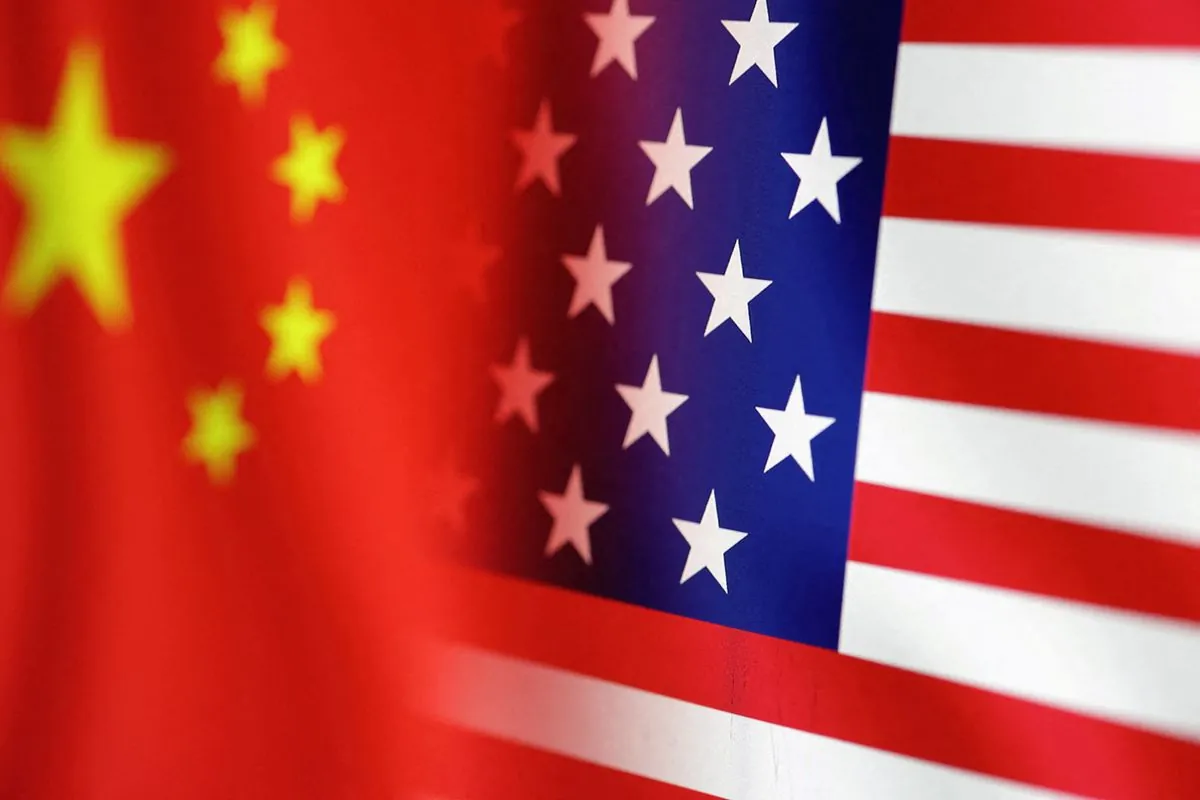US-China Diplomacy: Sullivan's Beijing Visit Amid Global Trade Shifts
US National Security Advisor Jake Sullivan visits Beijing for diplomatic talks. Canada imposes tariffs on Chinese electric vehicles, aligning with US policy. China suspends new steel plant permits, potentially benefiting climate efforts.

Jake Sullivan, US National Security Advisor, embarked on a three-day visit to Beijing on August 27, 2024. This trip follows a series of high-level diplomatic engagements between the United States and China since November 2022, when the two nations reinitiated dialogue.
The primary objective of Sullivan's visit, as stated by a senior White House official, is to address misunderstandings and prevent competition from escalating into conflict. The Biden administration aims to achieve progress in specific areas of cooperation before the end of the president's term.
Recent diplomatic efforts have yielded some results for the United States. China has committed to more comprehensive climate goals, addressed fentanyl precursor issues, and restored military-to-military communication. However, the benefits for Beijing are less apparent. While China initially sought to boost its economy through reengagement, US policies, including tariffs and technology export restrictions, have remained largely unchanged.

Despite these challenges, experts suggest that China values the increased stability in US-China relations. Yun Sun, China director at the Stimson Center, noted:
"I don't think they see it as a failure because no matter what it's still better than the Trump years, right? There was no free fall."
China's approach to these talks appears to be maintaining momentum in bilateral relations amid shifting political tides in the US. The potential for a Kamala Harris administration has increased the value of engaging with the current US leadership, according to Da Wei, a professor at Tsinghua University.
In a significant development, Canada announced on August 26, 2024, that it would match US tariffs with new 100 percent duties on Chinese electric vehicle imports. This move aligns with US efforts to protect its developing EV market and prevent potential loopholes through free trade agreements.
The global trend of imposing tariffs on Chinese goods extends beyond close US allies, with countries like Turkey and Indonesia also implementing similar measures. This shift is partly driven by China's recent manufacturing boom, which has led to overcapacity and increased exports.
On the climate front, China's Ministry of Industry and Information Technology announced the suspension of permits for new steel plants on August 20, 2024. This decision could have significant positive implications for climate efforts, as steel production accounts for approximately 15% of China's carbon emissions.
The Centre for Research on Energy and Clean Air (CREA) reports that China could potentially reduce its steel sector emissions by an amount equivalent to the EU's total steel emissions by 2025. Additionally, Chinese provinces are moving away from coal power plants, with new approvals dropping by over 80% since last year.
These developments in diplomacy, trade, and climate policy highlight the complex and evolving nature of US-China relations and their global impact. As both nations navigate these challenges, the outcomes of these engagements will likely shape international dynamics in the coming years.


































